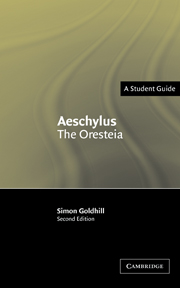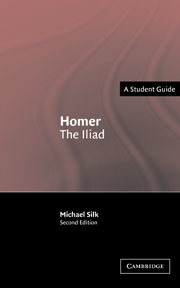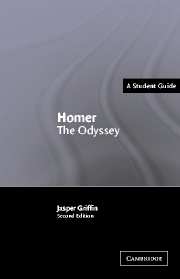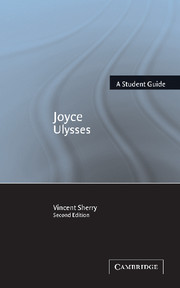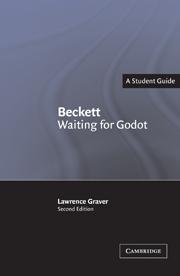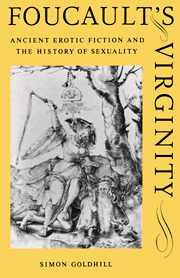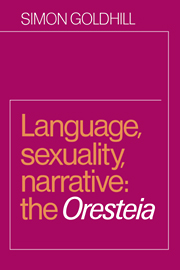Aeschylus: The Oresteia
This is the only general introduction in English to Aeschylus' Oresteia, one of the most important and most influential of all Greek dramas. It discusses the Greek drama festival and the social and political background of Greek tragedy, and offers a reading of this central trilogy. Simon Goldhill focuses on the play's themes of justice, sexual politics, violence, and the position of man within culture, and explores how Aeschylus constructs a myth for the city in which he lived. A final chapter considers the influence of the Oresteia on later theatre. Its clear structure and guide to further reading will make this an invaluable guide for students and teachers alike.
- New edition of a widely used and helpful guide to one of the greatest works of world literature - including a fully updated guide to further reading
- This introduction examines the significant after-life of the Oresteia
- Written by an expert in the field who has taught this text for many years
Reviews & endorsements
'… Goldhill's deep knowledge and love of his subject matter is demonstrable and his Guide will prove an excellent starting point for those undergraduates and beyond who are studying Aeschylus either in the original or in translation.' The Journal of Classics Teaching
Product details
January 2004Paperback
9780521539814
108 pages
198 × 129 × 8 mm
0.12kg
Available
Table of Contents
- Preface
- Chronology
- 1. Drama and the city of Athens
- 2. The Oresteia
- 3. The influence of the Oresteia.

